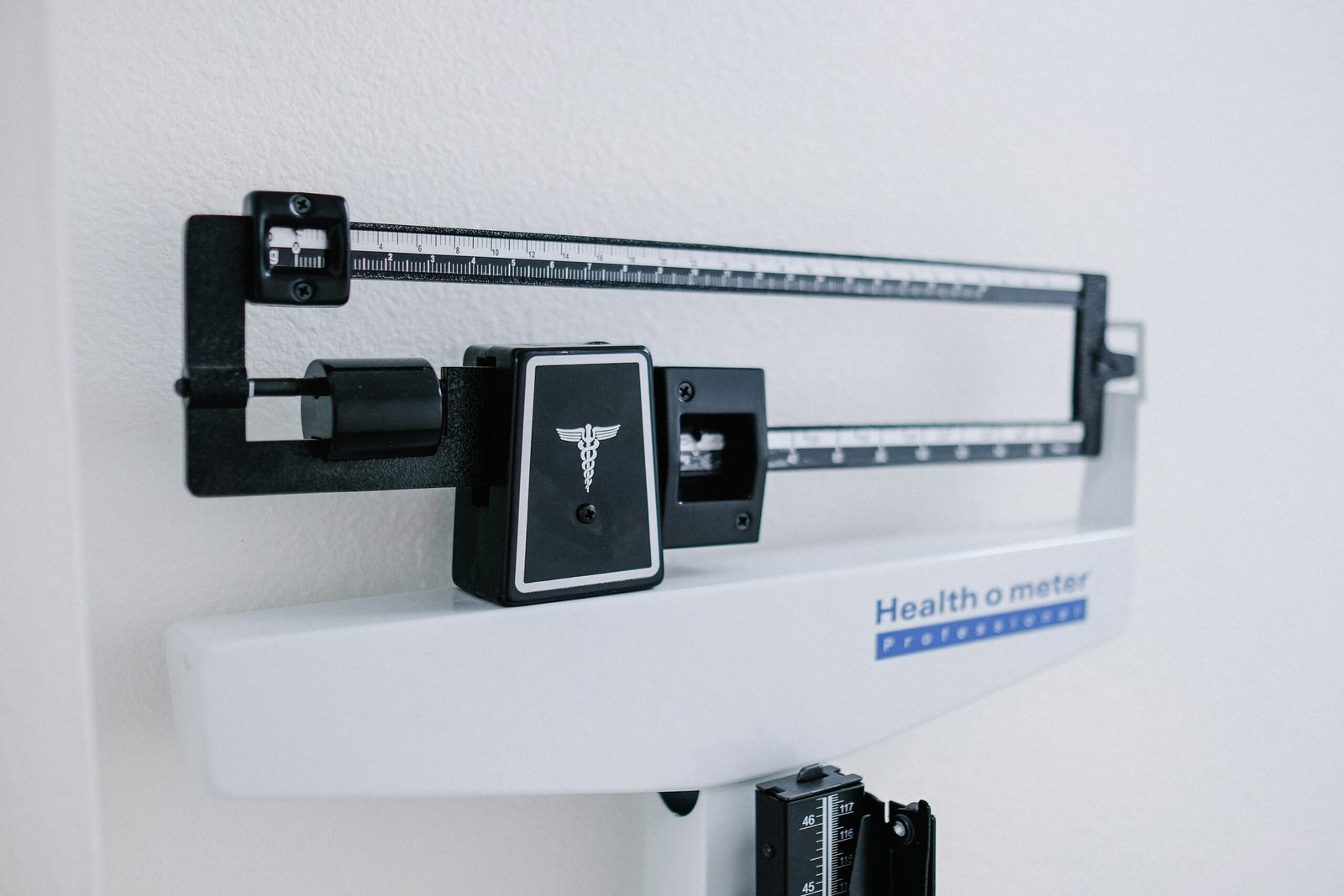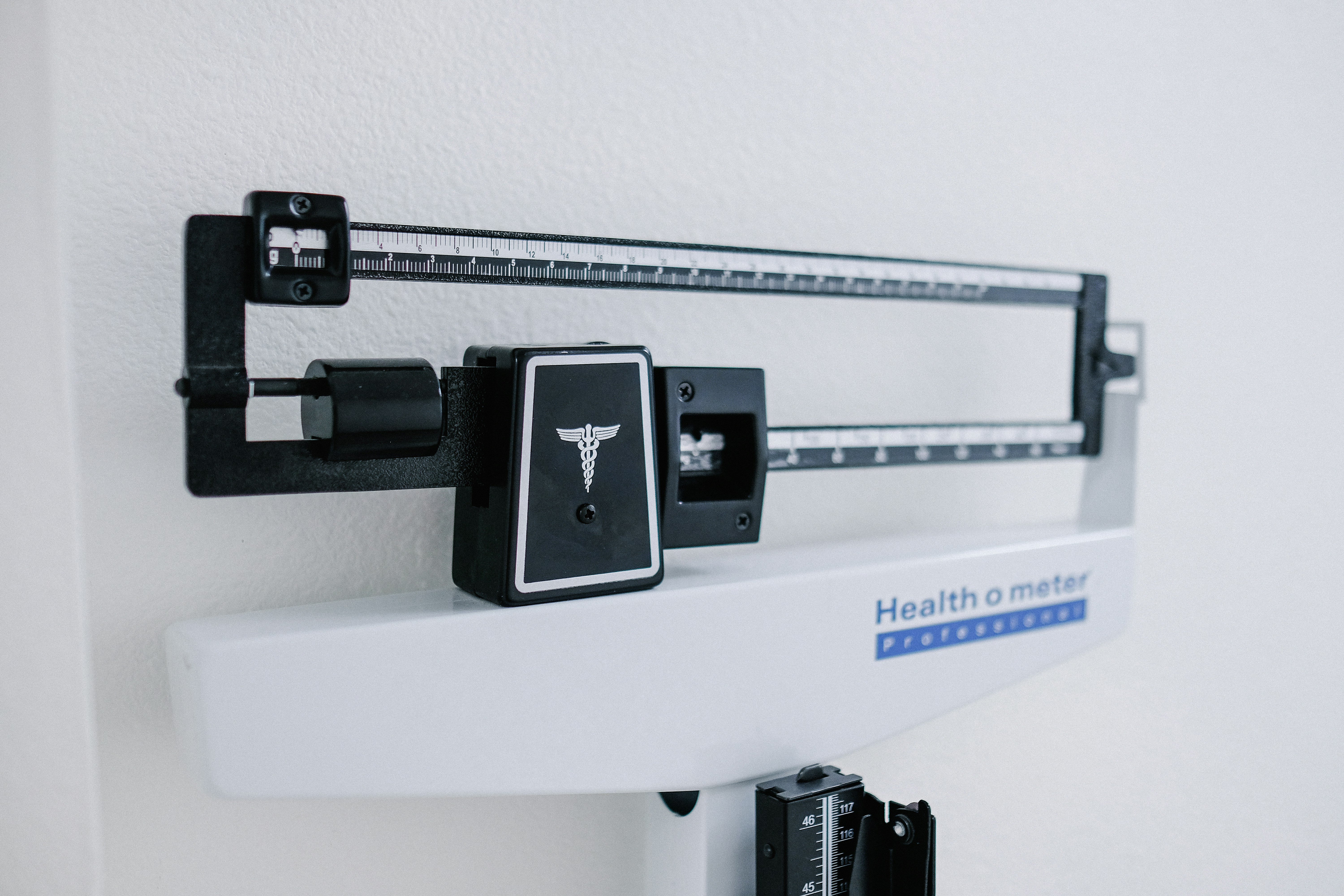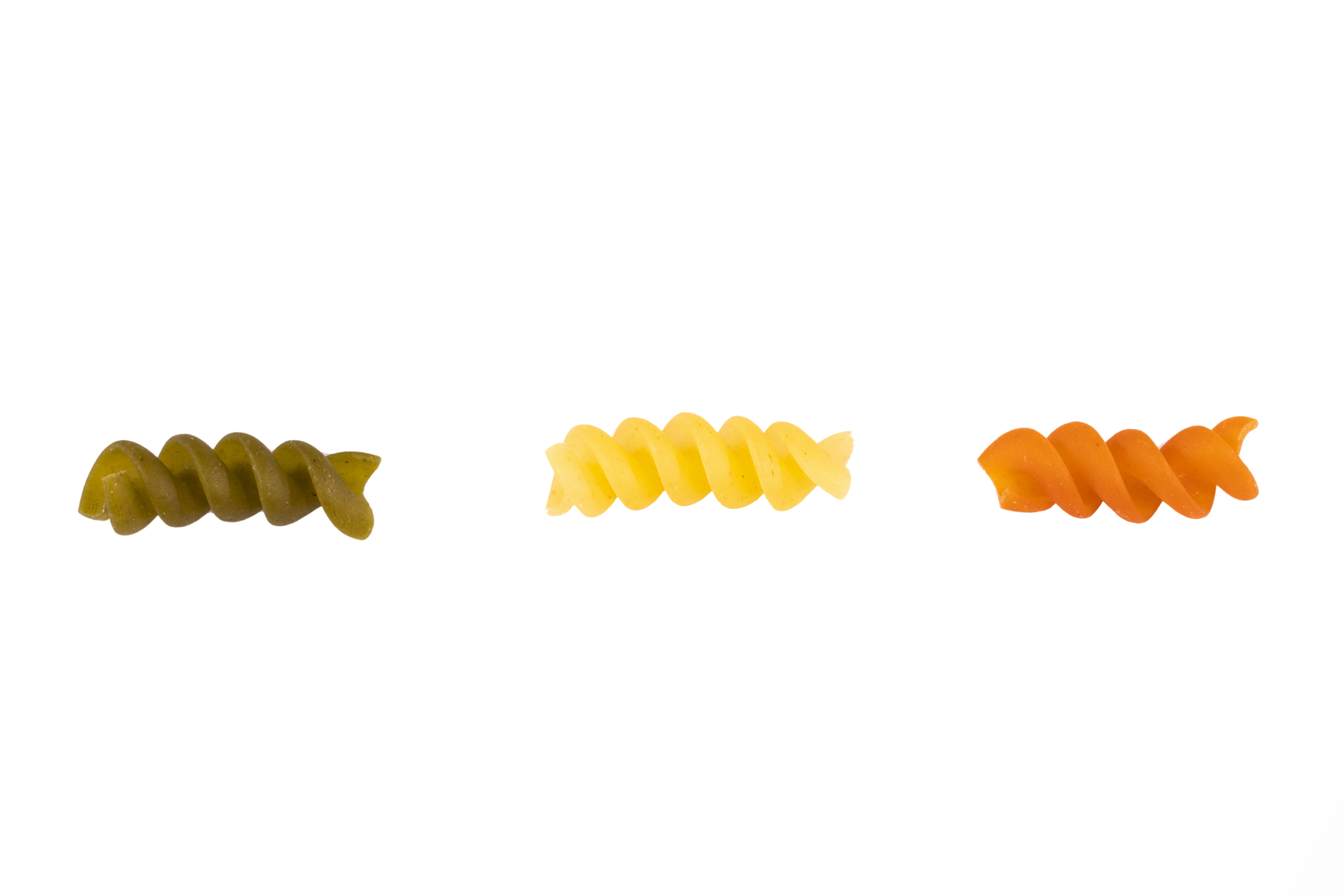Have you ever wondered about the hidden culprits in your diet that might be affecting your health? With age, managing what you eat becomes increasingly essential, especially when you’re trying to prevent or manage certain health issues. One such dietary component that often sneaks under the radar is oxalate. This article will take you on a journey through understanding oxalates, their implications for seniors, and practical strategies for managing them in your diet.
Understanding Oxalates
What Are Oxalates?
Let’s start with the basics. Oxalates are naturally occurring compounds found in many plant foods. They’re composed of carbon and oxygen, and when these compounds bind with certain minerals, they form oxalate salts. For most people, oxalates are either absorbed in small amounts or excreted by the body without any issue. But for some, particularly seniors or those with specific health issues, managing oxalate intake is critical.
The Role of Oxalates in the Body
Your body produces oxalates naturally as part of its metabolic functions, while additional oxalates come from various foods. Although oxalates are not essential nutrients, they can contribute to important biological processes. However, when oxalate levels in the body become too high, they might contribute to health complications, such as kidney stone formation. Understanding these dynamics can help you make more informed dietary choices.
Why Seniors Should Monitor Oxalate Intake
Increased Health Risks
As you age, your body undergoes changes that can increase your risk for conditions associated with high oxalate levels, such as kidney stones and osteoporosis. These conditions can be more challenging to manage in seniors, making it crucial to monitor dietary oxalate.
Decreased Kidney Function
With aging, kidney function often declines, which means your body may not be as effective at excreting excess oxalates. This can lead to accumulation and potential health issues, emphasizing the importance of monitoring oxalate consumption.
Recognizing High-Oxalate Foods
Common High-Oxalate Foods
Some foods popular among various dietary regimens, like vegan and vegetarian diets, can be surprisingly high in oxalates. Knowing which foods are high in oxalates can help you make better dietary choices.
| Food Item | Oxalate Content (mg per serving) |
|---|---|
| Spinach | 755 |
| Rhubarb | 500 |
| Almonds | 122 |
| Beets | 152 |
| Chocolate | 117 |
| Sweet Potatoes | 141 |
This table provides a snapshot of some common high-oxalate foods. Knowing this can help you decide whether to include or moderate your intake of these foods.
Low-Oxalate Alternatives
Finding low-oxalate food alternatives can also be helpful. Leafy greens like kale, iceberg lettuce, and cabbage can replace oxalate-rich spinach. Instead of almonds, consider sunflower seeds or pumpkin seeds. Small changes like these can help you maintain a balanced and enjoyable diet without compromising your health.
The Science Behind Oxalate Absorption
Factors Affecting Absorption
Understanding how your body absorbs oxalates can guide you in making dietary modifications. The absorption of oxalates varies among individuals due to factors such as gut health, the presence of calcium or vitamin C, and your overall diet composition.
Calcium’s Role in Oxalate Management
Calcium can be your friend when managing oxalate intake. By consuming calcium-rich foods at the same time as high-oxalate foods, you can help reduce oxalate absorption. The calcium binds with oxalates in the gut, forming an insoluble compound that the body excretes rather than absorbs.
Practical Tips for Oxalate Management in Diet
Moderation Over Elimination
Rather than drastically cutting all oxalate-rich foods, focus on moderation. Enjoying high-oxalate foods in smaller quantities can help you maintain a varied diet while keeping your oxalate levels in check.
Preparation Methods
Certain preparation methods can help reduce oxalate content in foods. Boiling, for instance, can help leech oxalates from vegetables; simply discard the water afterward. Meanwhile, steaming is less effective, so choose preparation methods wisely to manage oxalate levels effectively.
Hydration Is Key
Staying hydrated is crucial for everyone, but even more so for those wanting to manage oxalate intake. Sufficient water intake helps kidneys flush out oxalates, reducing the risk of stone formation. Aim for adequate daily hydration, catering to your body’s specific needs.
Supplements and Oxalate Management
Calcium Supplements
Calcium supplements can support oxalate management, especially if your dietary calcium intake is low. Consult with a healthcare provider to determine the appropriate dosage and ensure it complements your dietary efforts.
Probiotics
Emerging research suggests that certain probiotics may assist in breaking down oxalates in the gut, potentially reducing absorption. However, the scientific community is still exploring the effectiveness and mechanisms of this. Always discuss any new supplements with a healthcare professional before adding them to your regimen.

When to Consult a Healthcare Professional
Recognizing Symptoms of Oxalate Overload
Sometimes, despite efforts, you might experience symptoms indicating high oxalate levels, like recurring kidney stones or digestive issues. Recognizing these symptoms early allows you to consult a healthcare professional for personalized advice and testing.
Tailored Dietary Advice
Each person’s body responds differently to dietary changes, especially in older adults. A dietitian or healthcare provider can offer tailored advice based on your unique health needs and goals, ensuring that your diet supports your overall well-being.
Lifestyle Considerations for Seniors
Regular Exercise
Regular physical activity can enhance overall health and wellness in seniors. Coupled with a balanced diet, exercise helps maintain a healthy weight, supports kidney function, and promotes a robust metabolic rate, all of which aid in effective oxalate management.
Stress Management
Managing stress effectively can have a positive impact on your health. Stress can sometimes exacerbate health issues, so adopting stress-reduction practices such as meditation, deep breathing, or engaging in hobbies can be beneficial as part of a holistic approach to managing oxalate intake.

Conclusion
Managing oxalates might seem daunting, but with a better understanding and practical strategies, you can make informed choices to support your health. By recognizing high-oxalate foods, moderating intake, and employing simple lifestyle changes, you can effectively manage oxalates without sacrificing dietary pleasure. Always remember that diet is just one piece of the puzzle, and integrating it with lifestyle changes and professional guidance will ensure the best outcomes for your health. Choose balance, stay informed, and prioritize your wellness to navigate the complexities of senior nutrition successfully.




